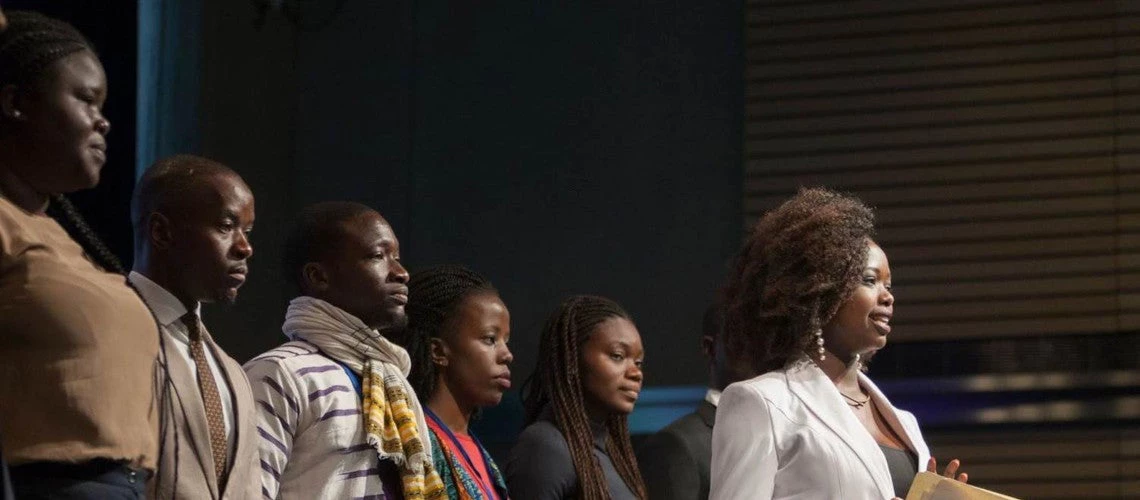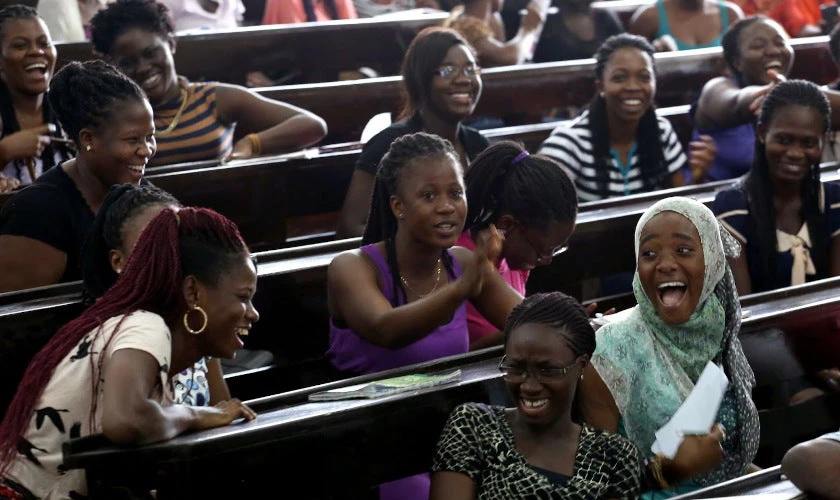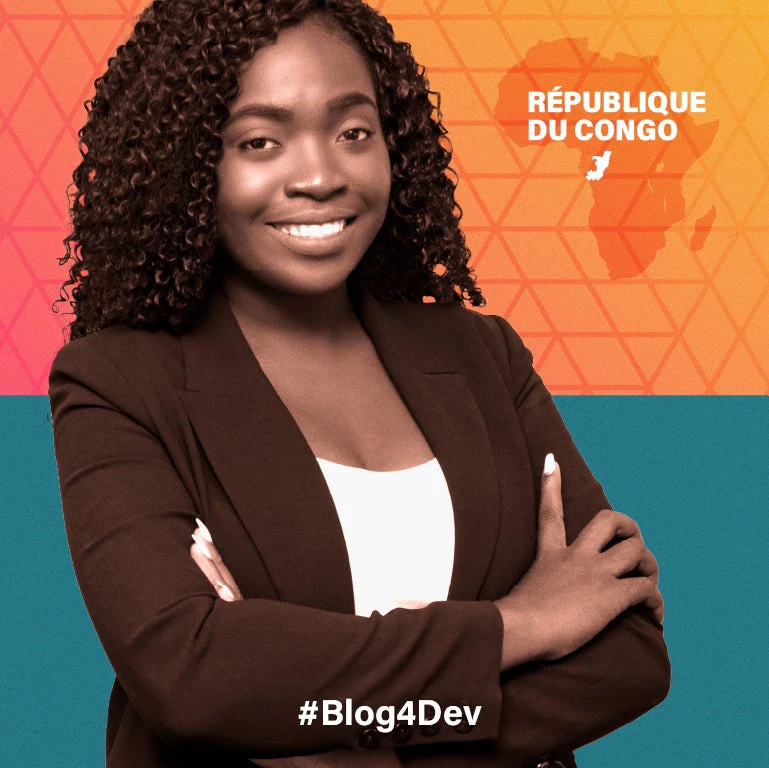 “Building human capital in Africa: the future of a generation.” World Bank - IMF Spring Meetings, April 2019. World Bank / Simone D. McCourtie.
“Building human capital in Africa: the future of a generation.” World Bank - IMF Spring Meetings, April 2019. World Bank / Simone D. McCourtie.
It’s hard, if not impossible, to envision a future where men and women enjoy equality unless educating girls becomes a priority
As a Congolese woman and civil engineer, I’ve had to shatter the gender stereotypes surrounding my line of work. Thanks to my education I was able to pursue my passion for construction even though I’d been told time and again there was no work for women in the technical fields.
I feel the same way about the importance of education in empowering women and girls as my friend Olivier Max, a communication and public relations student. Olivier worked with girls in his country, Benin, in programs to develop digital skills for girls and help them gain financial independence.
So, how do we tackle this problem?
We identified three main ways:
Provide government subsidies for education
It is important for governments to institute education policies that enable girls to overcome the economic and social barriers blocking their access to education. One such policy measure could be to subsidize education and make it compulsory for everyone, especially girls. This would place girls on an equal footing with boys in the classroom.
Build community awareness
Raising community awareness is key to achieving gender equality and empowering girls . Families, teachers, and community leaders must be involved in shifting the attitudes and mindsets that entrench gender stereotypes and deny girls access to education and job opportunities. Communities must be made to understand the importance of educating their girls and women, the economic and social rewards they can reap from doing so, and, more importantly, the negative repercussions of gender discrimination.
It’s only by working with communities that we can overcome the cultural and social barriers to educating girls and promote more egalitarian and inclusive societies.
Develop targeted girls-only programs
Investing in projects geared toward girls will also help promote their education . These projects can include scholarships, mentoring programs, and literacy classes for those who were unable to go to school. There should also be a focus on special training to help them acquire the practical skills needed to gain employment and financial independence. This is how education policy makers can break the cycle of discrimination when it comes to educating girls.
Our experience has shown that education is the key to overcoming gender stereotypes. When girls are given the skills and confidence they need to succeed in all walks of life, we’ll find ourselves able to create a more equal world where everyone can enjoy the same opportunities and fulfill their potential.




Join the Conversation